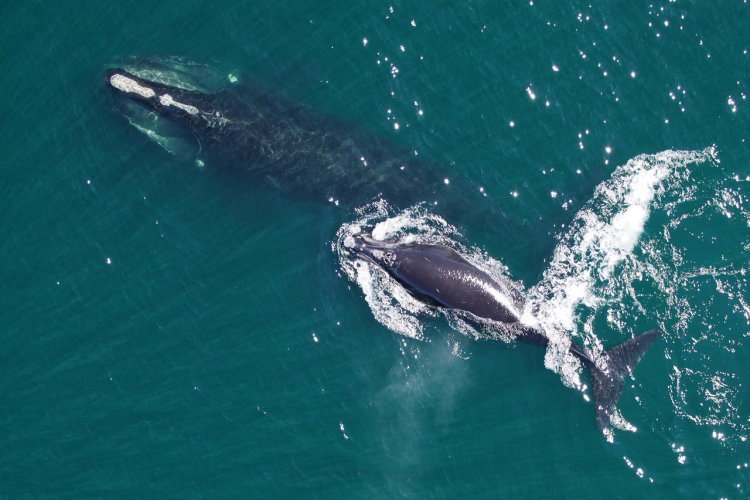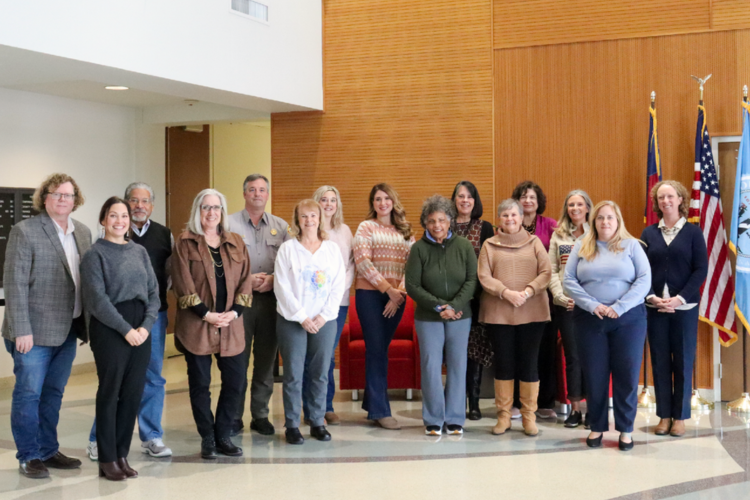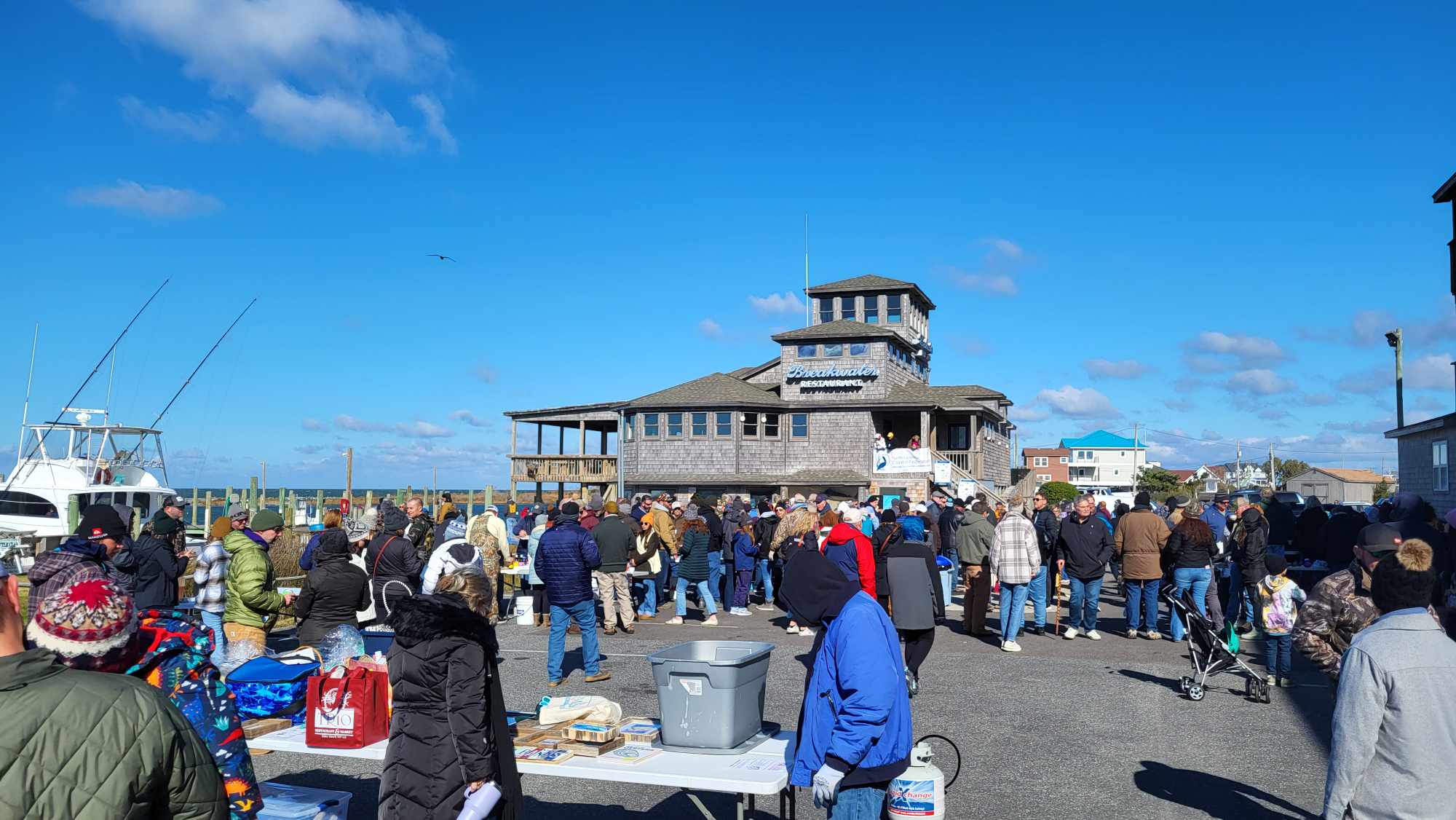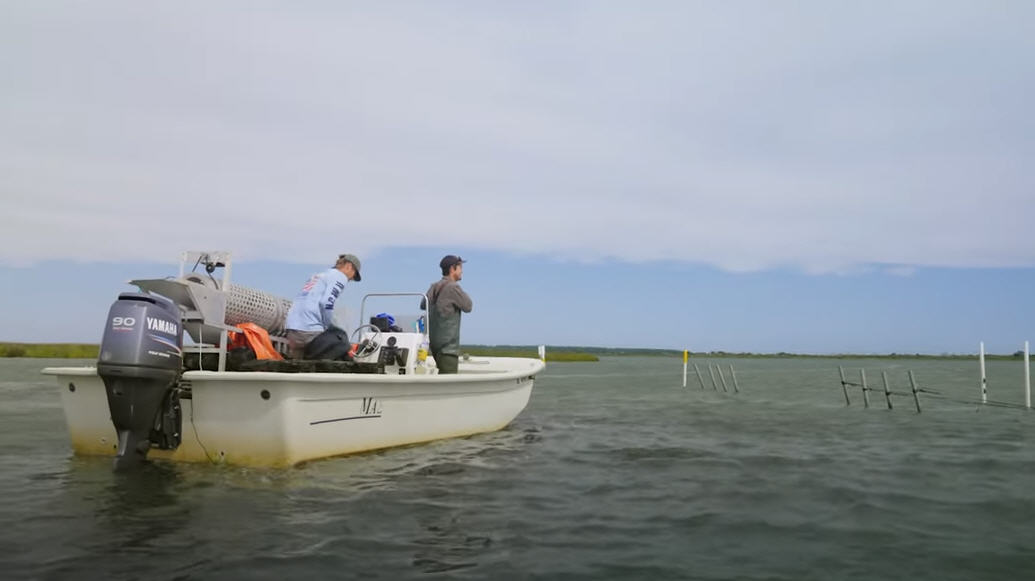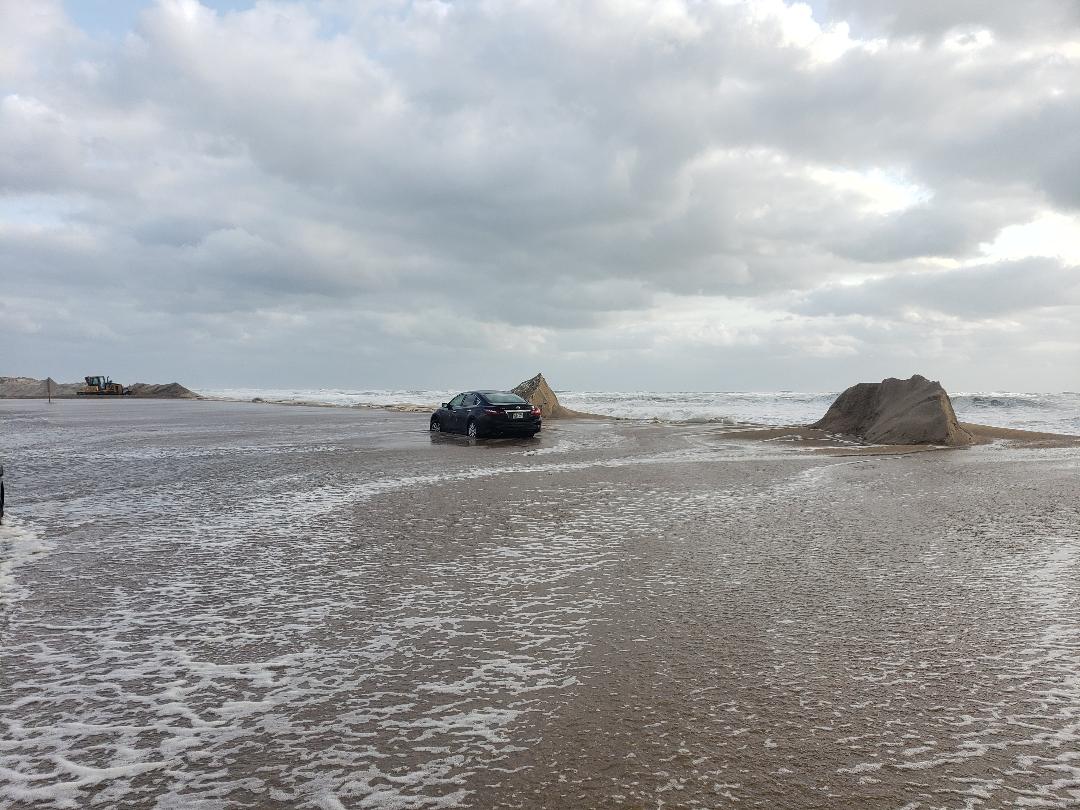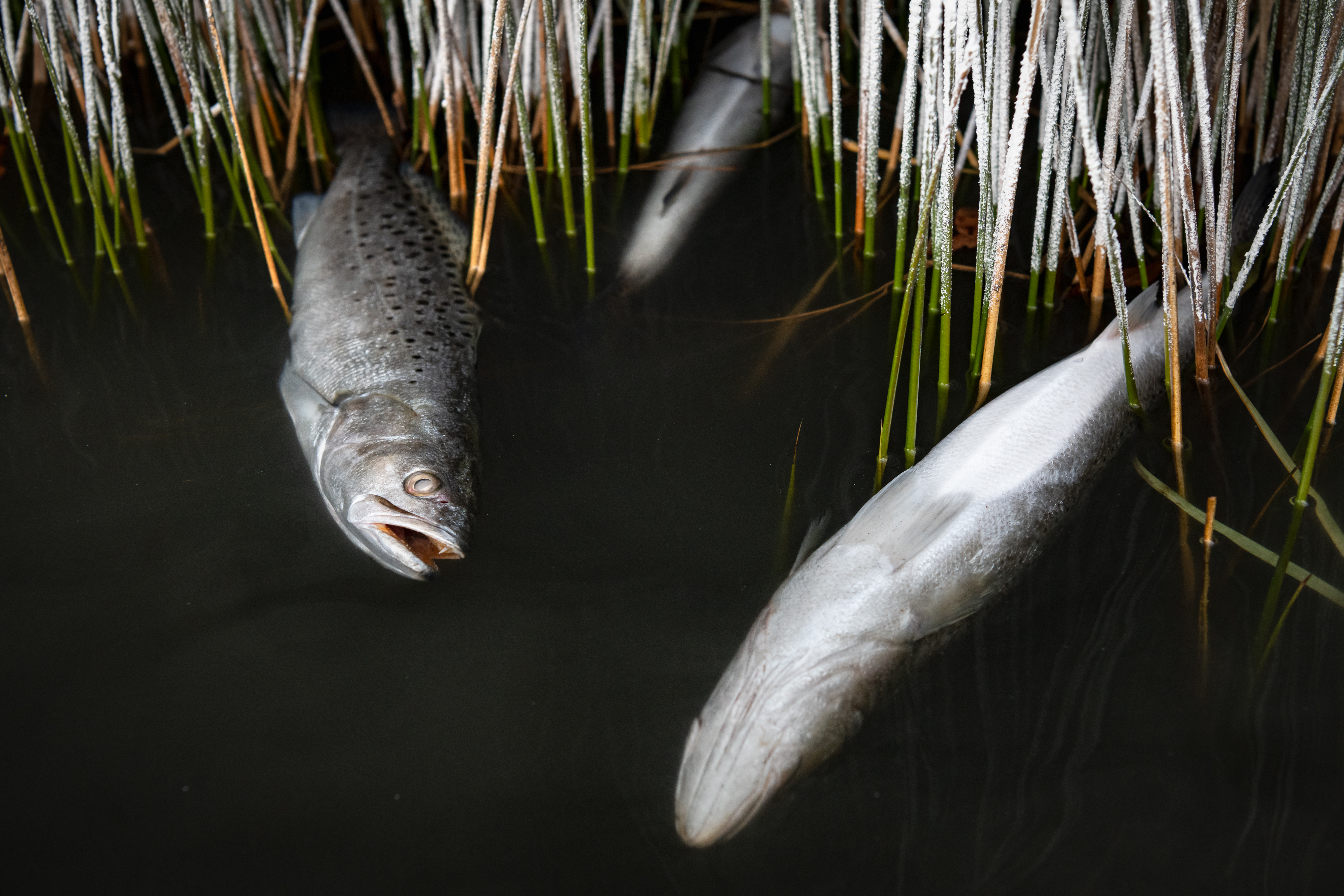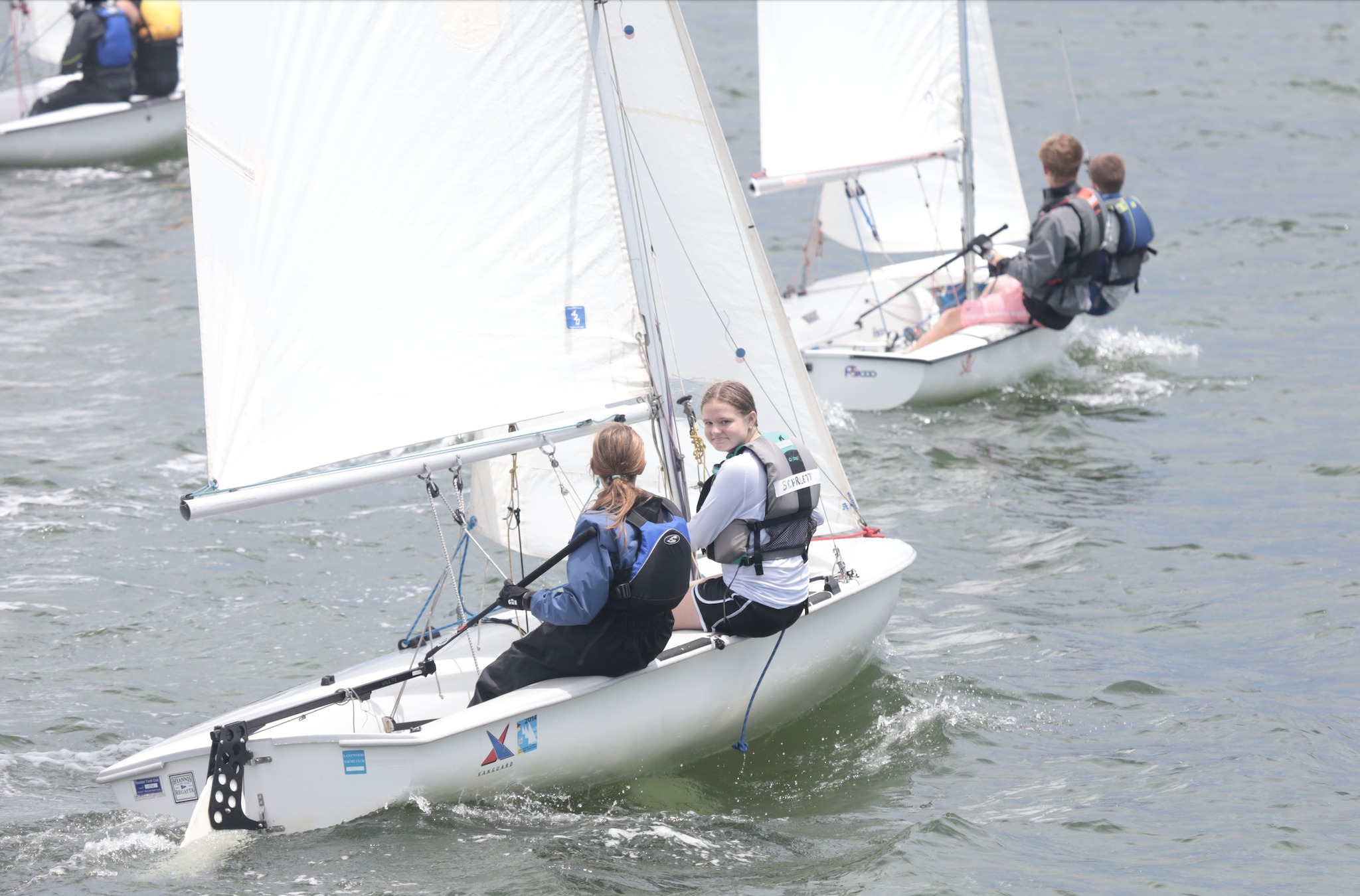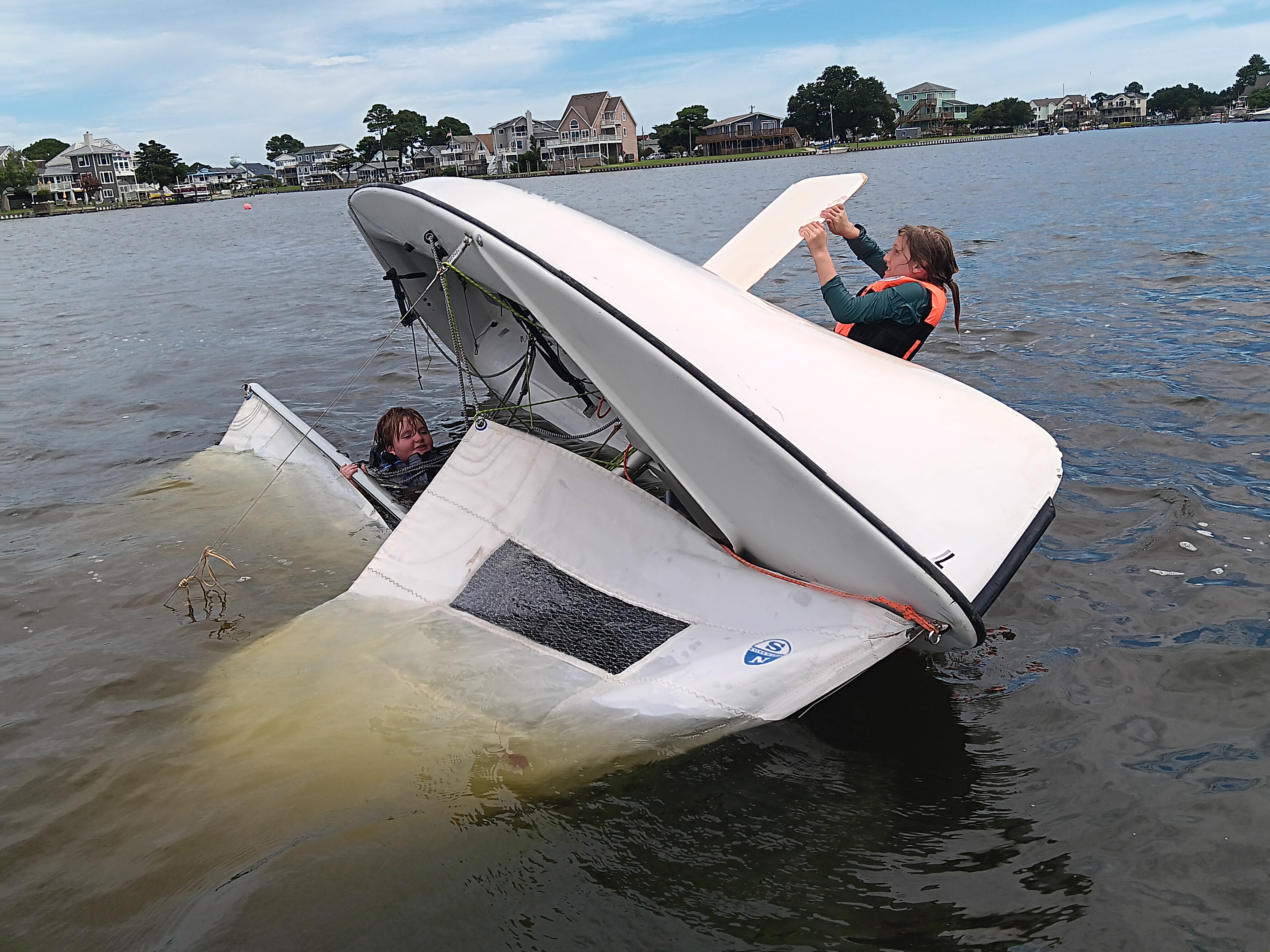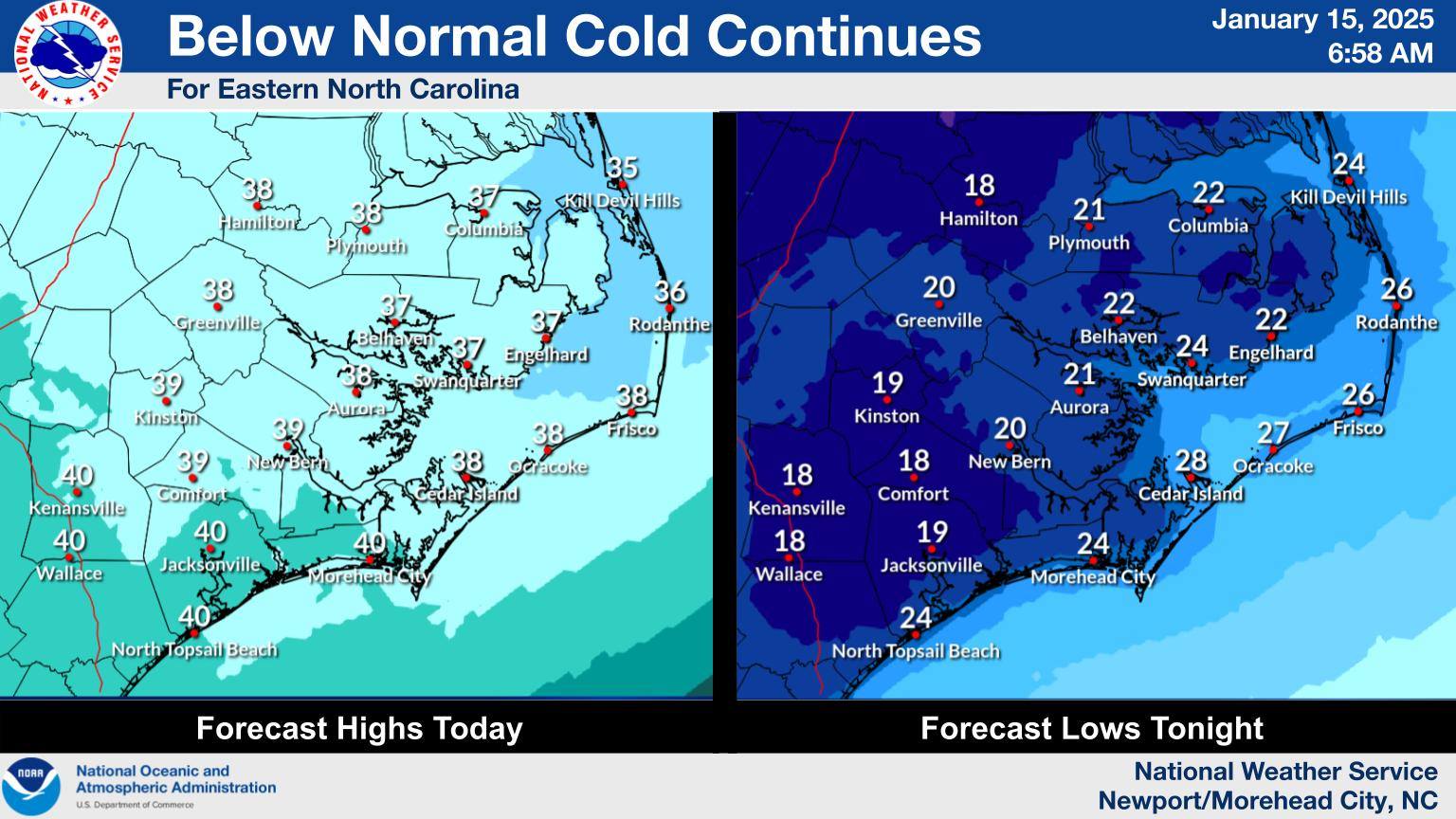“It’s just a hobby for them, but it’s the way we earn our living,” said Jamie Reibel, a charter boat operator from Manteo.
And so, once again, fishermen and their allies from all of the coastal North Carolina communities, boarded buses, two from New Bern and one from Manteo, or carpooled or drove trucks — this time to Raleigh on Monday, May 6, to meet in the capital’s Legislative Office Building to present their case to lawmakers in opposition to House Bill 983.
HB983 was introduced into the North Carolina General Assembly’s House of Representatives on April 17 by Reps. John Bell and Tom Murry and sent to the House Commerce and Job Development Committee.
It is called the 2013 Fisheries Economic Development Act, but referred to as the gamefish bill. It would designate three species – red drum, speckled trout and estuarine striped bass — as gamefish, meaning that they could only be caught by hook-and-line anglers and not commercial fishermen.
The irony in this whole process, based on data from the North Carolina Division of Marine Fisheries, is that the recreational sector already lands 70 to 75 per cent of the catch, while the commercial industry only gets the other 25 to 30 percent.
Reps. Bell and Murry have included two self-serving clauses to the bill that are backed and financed by the North Carolina Coastal Association (CCA). The first would allow an individual, fishing alone or on a guided trip, to use the fish for personal use. The bill has a second section that supports the North Carolina Marine Fisheries Observer Program and specifies a payout to commercial fishermen who lose their income from the harvest of the three species. The funding would come from an increase in license fees. The third section ties the whole bill to funding for dredging of shallow-draft navigation channels.
Nearly 300 people, including charter and headboat operators, recreational and commercial fishermen, and their associated industries – seafood dealers, marina and motel and restaurant owners — filled up the meeting room. Another room on the floor below had to be set up quickly with closed circuit TV viewing for the overflow crowd.
The meeting was conducted by Representative Bell with middle-school classroom rules – no reactions and no booing, of course, but also no applause, no kind of facial expressions, no noise and with the admonishment that any disturbance would end the whole hearing.
Four initial presentations started the session at 1:30 p.m.
Two arguments against HB983 were first. Jerry Schill, past director of the North Carolina Fisheries Association (NCFA), spoke as a private citizen and said that the fish are a public trust, and commercial fishing families are not for sale. And Jess Hawkins, past member of the North Carolina Division of Marine Fisheries, said, “A small group should not be allowed to own a public trust. It would be like assigning a section of beach to a private citizens’ group.”
Two proponents of the bill presented the CCA rhetoric, “The state must use its public trust resource for the best economic purpose.”
Rep. Murry read HB983 in its entirety and announced, “Gamefish WILL happen in North Carolina,” but then talked in a conciliatory manner about his wish to keep the fisheries vibrant, a different tone than one he used during an earlier meeting in March in Wanchese with three legislators, two CCA spokesmen, three commercial fishermen, and a charter boat operator where Murry insolently told a commercial fishermen, “You will have to re-invent yourself.”
For the next two hours, others who had to sign up first and then stand in lines of 10, were allowed to present their opinions, but were rudely gaveled to silence after two minutes. Some of them were not even allowed to finish a last sentence. Forty fishermen and the support industries spoke.
Some of them and their comments included:
Hardy Pyler, Ocracoke Working Watermen’s Association. “Some legalities have been raised by this issue. We need to protect the balance between recreational and commercial fisheries.”
Ernie Foster, Hatteras charter boat fleet owner. “Take a look at the data. The proposed monies from the saltwater license fees initiated in 2005 aren’t coming in to the state.”
Dan Oden, Hatteras marina owner. “We need the income from the commercial fleet. We are on stepping stones to disaster.”
Allison Willis, Core Sound, Mr. Big Seafood. “Our customers want wild-caught seafood. The demand is always higher than the supply.”
Warren Judge, chairman of the Dare County Board of Commissioners. “Our three sectors — charter/headboat, recreational and commercial fishermen — are alive and well. Let’s not take jobs away from any of them by taking our resource from one group and giving it to another.”
Britton Shackelford, Wanchese charter boat owner. “…and God said, man shall have dominion over the fish of the sea… Not the NCGA.”
Jeff Oden, Hatteras commercial fisherman and motel owner. “The authors of this bill want me to believe that this is for my benefit, does anyone believe that?”
Perry Wood Beasley, Pamlico Sound crabber. “The commercial fishing industry goes back to fishing only a few days after storms and hurricanes – which is very good for our economy. Kill the bill.”
Browny Douglas, Dare County Republican Party chairman. “The CCA is promising visions of grandeur, but the agenda is about control.”
Capt. Sonny Davis, Atlantic Beach marina and fleet owner. “We’re trying to make a living with our families. We don’t need more regulations.”
Mikey Daniels, Wanchese fish house owner. “Forty men joined hands this morning in a prayer circle to ask for guidance in this matter.”
Eleven proponents of HB983 spoke.
One of them quoted the oft-used line about “saving the resource for his grandchildren,” but others tripped over the CCA’s own logic about whether this is an economic or a biological issue.
They also cited the seven other states — Alabama, Florida, Georgia, Louisiana, Mississippi, South Carolina and Texas — where gamefish bills have been implemented, but failed to mention that none of these states has seen the promised boon to the economy. They did not mention the failure in Louisiana where the $2 million payout promised to fishermen was only $60,000 because most of the funds went to enforcement nor did they mention the study commissioned by the state of Florida that cites the effects on out-of-work fishermen, who have an increased incidence of alcoholism, drug addiction, broken homes, and family abuse.
At 4 p.m., Rep. Bell gave one final gavel knock to end the meeting. The fishermen who were “dressed up” — even some with blazers and ties instead of Grundens and boots — who had traveled to Raleigh on their own time and at their own expense, who had participated on the opponents’ playing field, and had followed all of the opponents’ rules and who were unfailingly polite, began their long journey back to their boats and fishing lives with resignation and some hope about being heard this time.
Glen Hopkins, Manteo commercial fishermen, made a final comment to friends and charter/headboat fishermen as they got off the bus in the rain and fog, “Thanks for all of your support.”
(Melba Milak is secretary of North Carolina Watermen United.)


